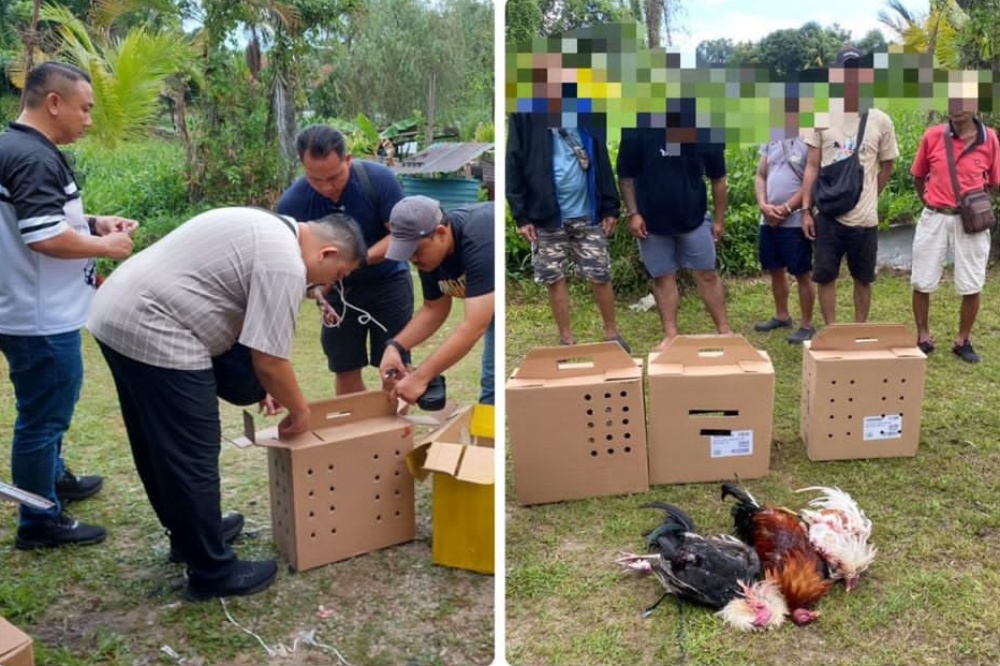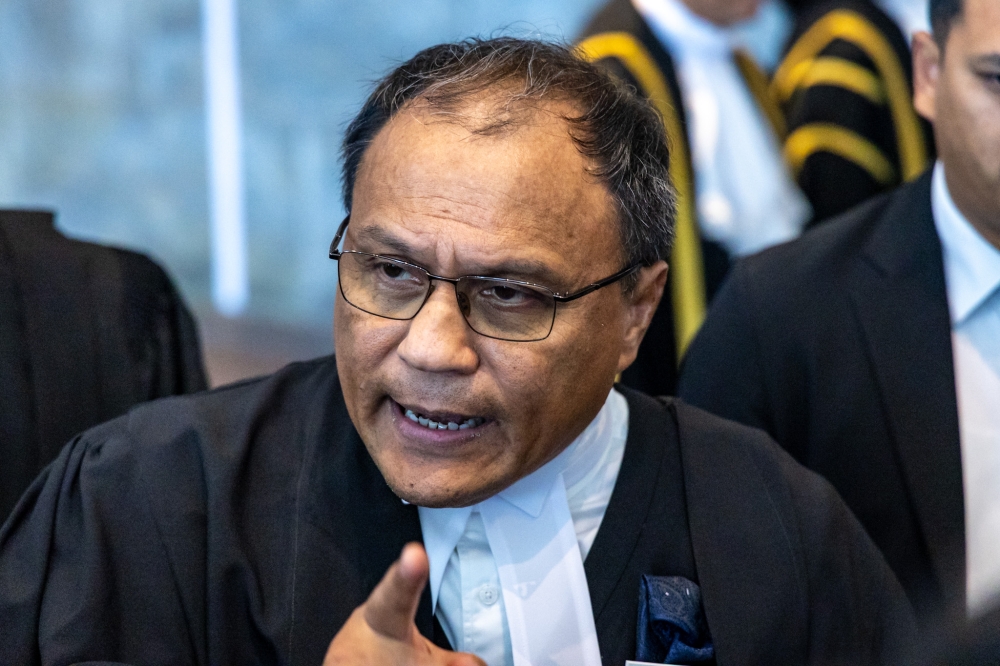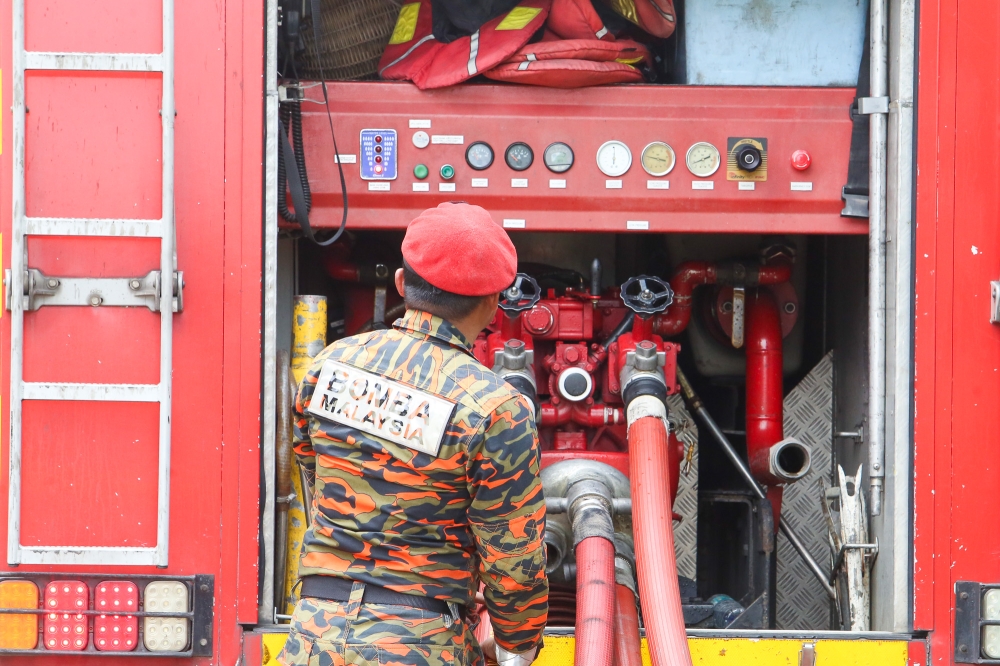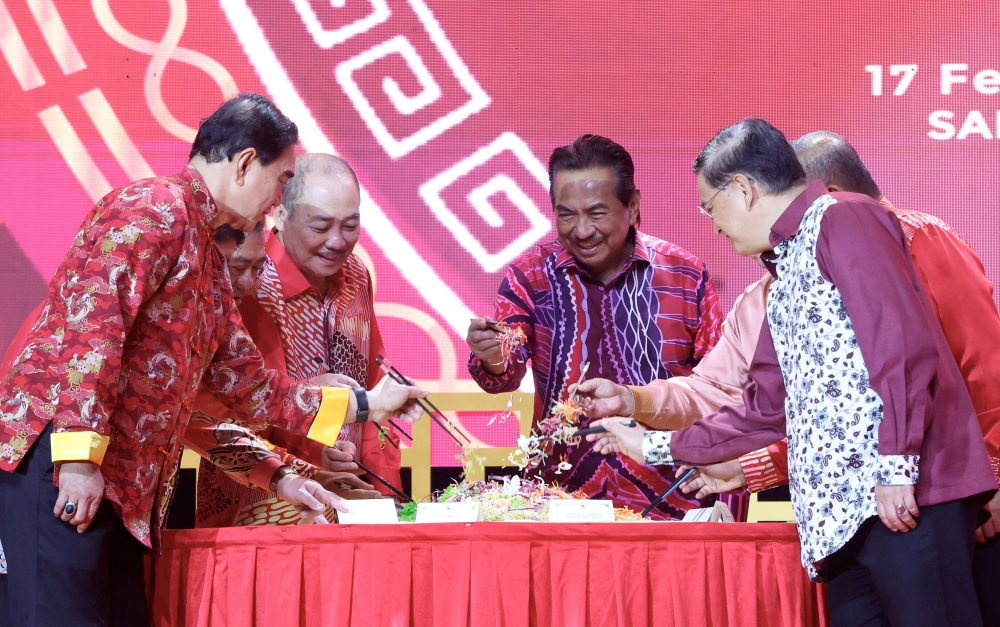KUALA LUMPUR, May 13 — It may not feel like much has changed today as Malaysia continues into the conditional movement control order (CMCO) from today until June 9, but the federal government has gazetted new regulations under the extended CMCO.
Here’s a quick summary of the new rules for the extended CMCO (May 13-June 9) and how it compares to regulations for the initial CMCO (May 4-12):
1. What is the title of the new regulations?
Prevention and Control of Infectious Diseases (Measures within Infected Local Areas) (No. 6) Regulations 2020.
(The number six in this new set of regulations shows that it is the sixth such regulation created this year, with the government via the health minister previously introducing such regulations every time it started a new MCO from phase one to phase four, and when it first implemented CMCO or the fifth round of the MCO but with more relaxed rules).
2. When do the new regulations take effect?
The new set of regulations for CMCO was gazetted yesterday (May 12), and is to take effect from May 13 (today) to June 9.
.jpg)
3. Interstate travel for work only, or to meet spouse in different state
Just like before, travel between states is allowed for those going “to and from work” without a requirement for police permission, while interstate travel for a “special and particular reason” still requires getting written permission from the police first.
But now there is a new rule that allows a spouse to travel — after getting written police permission first from the police officer in charge of the nearest police station — from one state to the house of his or her spouse living in another state.
The new regulations no longer mention the situation of interstate travel for those who were “stranded” and wish to return home, which was previously applicable during the May 4 to 12 period.
4. Stricter travel rules within Sarawak
Under the new regulations, Sarawak has tighter restrictions compared to the rest of Malaysia, with travel from one district to another district prohibited.
To carry out inter-district travel in Sarawak for a “special and particular reason”, members of the public will have to get written permission from the police first.
The previous rules did not mention travel within Sarawak specifically.
5. Free movement in Klang Valley (KL, Putrajaya, Selangor)
While Kuala Lumpur, Putrajaya, Selangor were initially listed as three separate “infected local areas”, they are now categorised in the new regulations as “one infected local area” when it comes to control of movement and control of gathering. (Each state and each federal territory was listed in a previous regulation as separate infected local areas, which meant travel between them came with rules for interstate travel).
What this means is that there can now be free movement within the Klang Valley — without requirement to get police permission as required for interstate travel — including for funerals or for Hari Raya gatherings. (But see below for more details.)
6. Control of gatherings
Just like before, the maximum number of attendees at a funeral is kept at 20 persons, with any gatherings for “economic, religious, educational and learning, sports, recreational, social or cultural purposes” still prohibited.
But the new rules now say that a person can gather or be involved in a gathering for “Hari Raya Puasa, Pesta Kaamatan and Gawai Dayak Day subject to the directions” of the Health director-general, but does not specify how many individuals can be present.
(Previously the prime minister said no balik kampung travel is allowed, but mentioned a maximum of 20 people for Hari Raya gatherings for those in the same state, but the Health director-general had said that the size of a house — such as small apartments — should be taken into account to ensure social distancing is still viable and that visitors should only be family members and in staggered visits if possible to avoid one large gathering in one go. Read the Health director-general’s instructions before carrying out such gatherings.)
7. Private and public land transport rules stay the same
Just like before, a private vehicle can carry a maximum of four persons — driver and three passengers — if they are all staying in the same house, while any licenced land, sea or air public transport provider can still only carry half of its total maximum capacity of passengers for each journey.
And just like before, a driver of a “hire car, taxi cab, airport taxi cab, limousine taxi cab or e-hailing vehicle” cannot carry more than two passengers for each journey.
8. Full passenger capacity allowed for flights between Peninsular Malaysia and east Malaysia
A new rule now is that a holder of any air public transport licence or permit to ferry passengers may “carry the total maximum capacity of passengers” onboard air public transport for each journey of a “scheduled flight” from Peninsular Malaysia to Sabah or Sarawak.
For a “non-scheduled flight”, the “total maximum capacity of passengers” for each such flight from Peninsular Malaysia to Sabah or Sarawak is also allowed, provided that all passengers on the flight are students in Peninsular Malaysia returning to Sabah or Sarawak, the new rules say.
The new rules also state that such air public transport providers must ensure that they only carry a maximum 66.6 per cent of the “total maximum of load factor” for each “scheduled flight” from Sabah or Sarawak to Peninsular Malaysia.
9. MPs, ADUNs can still attend Parliament, DUN
A new rule is that a member of Parliament or a member of a state assembly may attend a Parliament sitting or a state legislative assembly sitting.
10. The penalty stays the same
Breaching the CMCO is still punishable by a maximum fine of RM1,000, maximum jail term of six months, or both.
Also maintained is the requirement for any Malaysian citizen, Malaysian permanent resident, expatriate returning from abroad to undergo health checks upon arrival in Malaysia.

11. New prohibited activities: Pubs, casino, gambling
Newly added to the list of prohibited activities during the CMCO are two types of activities:
- “Activities in pubs and night clubs, including restaurant business in pubs and night clubs”
- “Betting, sweepstake, lottery, gaming machine or games of chance activities such as gambling, number forecast, slot machine and horse racing gambling or betting, and activities in casino”
The list of prohibited activities still includes the 13 previously listed, including barber shop and hair salon services, with the rest still disallowed during CMCO being:
Entertainment, leisure, sports, recreational activities, religious, cultural, art festivities’ activities, business activities that may cause a crowd to gather; as well as activities at centralised labour quarters, employees’ hostel and dorms which may cause a crowd to gather; and installation and maintenance of machinery activities such as lift, escalator, boiler or tower crane at construction sites in groups which may cause a gathering.
Also still prohibited under the CMCO are the fitting of clothes or using fitting rooms in clothing stores or trying on fashion accessories in stores or providing cosmetic testers in stores; filming movies, dramas, documentaries and advertisements; and cruise ship activities, tourism services and services at accommodation premises falling under the Tourism Industry Act.
CMCO regulations also still prohibit theory and practical examinations for shot-firer for mining and quarrying industry; certification for agri commodities; and sales and marketing of financial services industry and banking carried out in public places or outside of the premises of financial institutions and banks; as well as commercial activities involving sales and marketing that are carried out in public places or not within business premises — but not including food business at food courts, hawker centres, food stalls, food trucks.

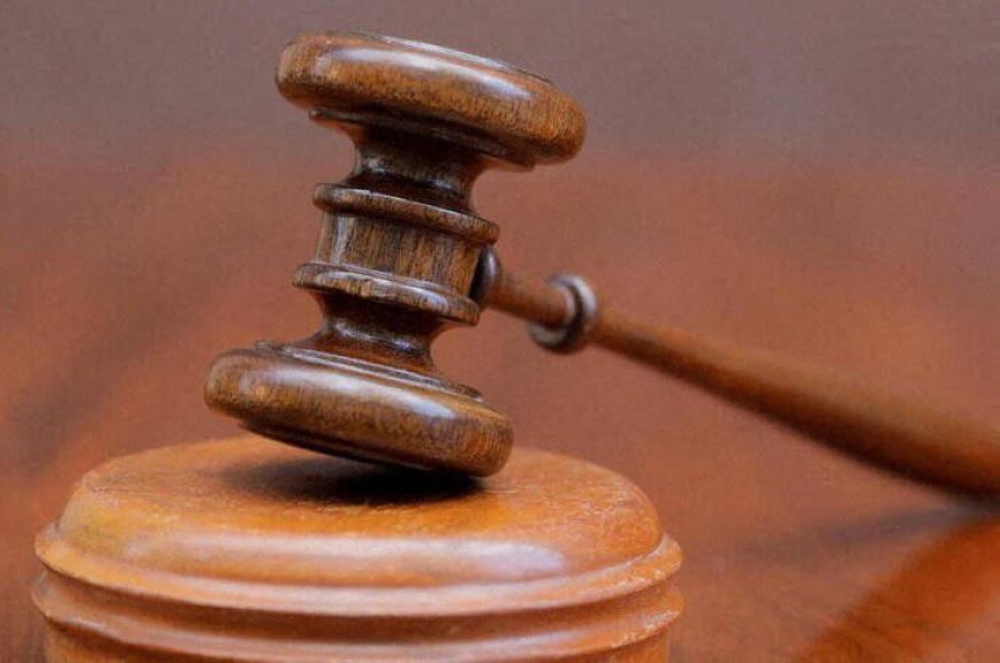
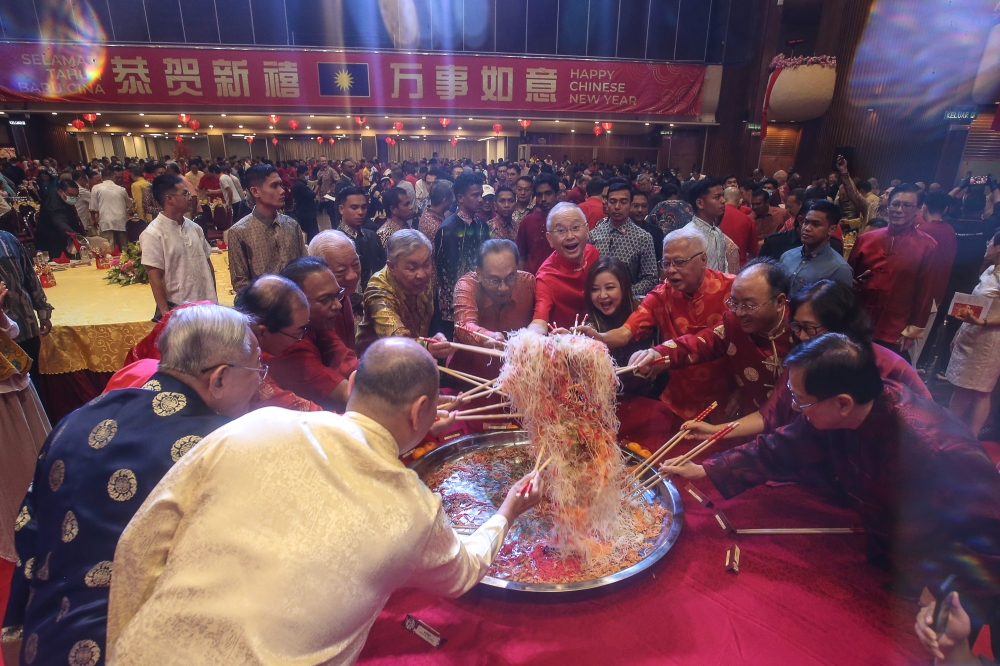
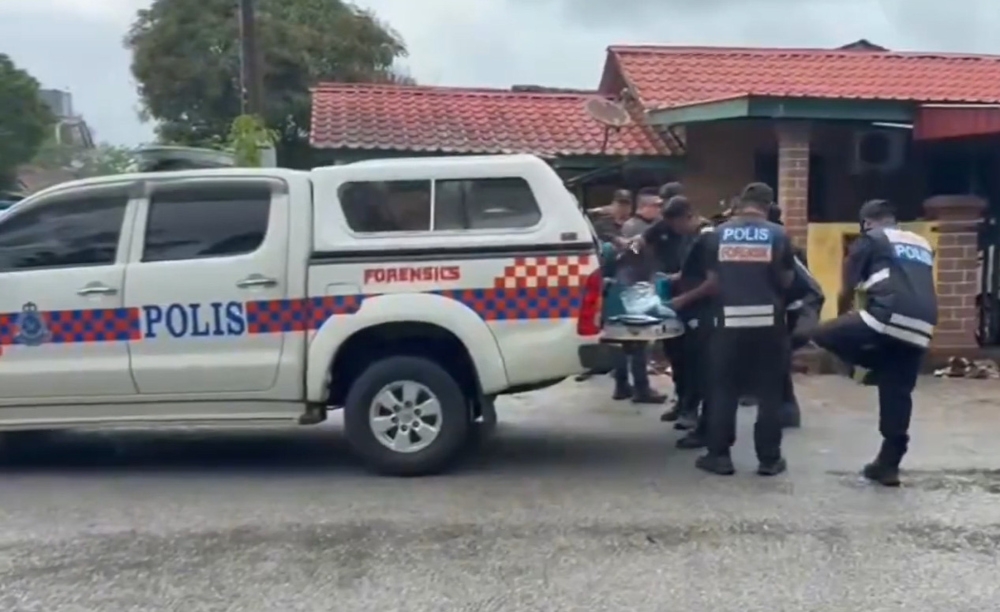
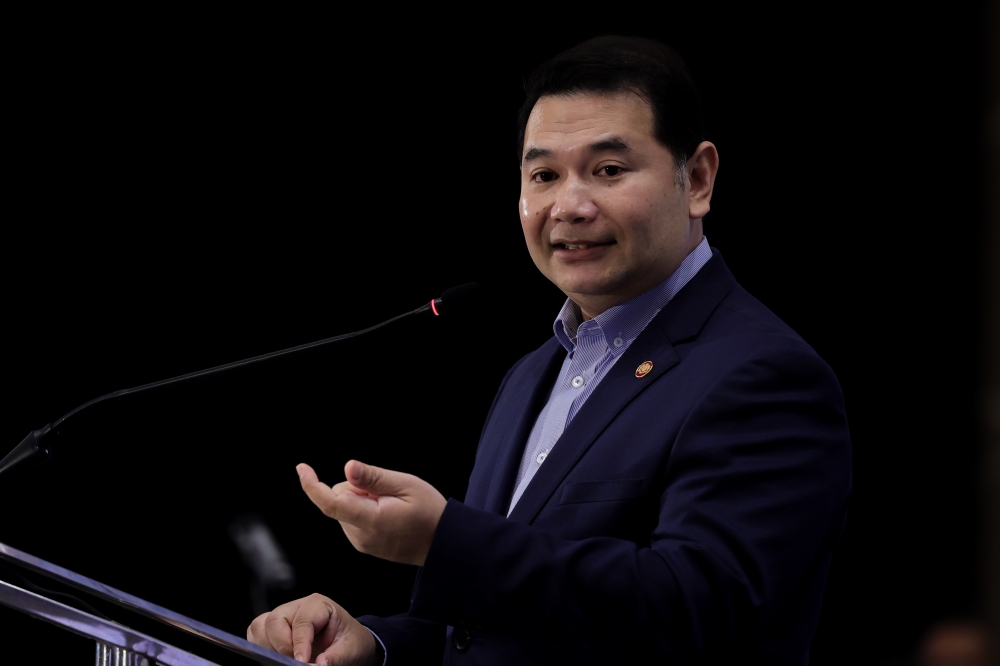
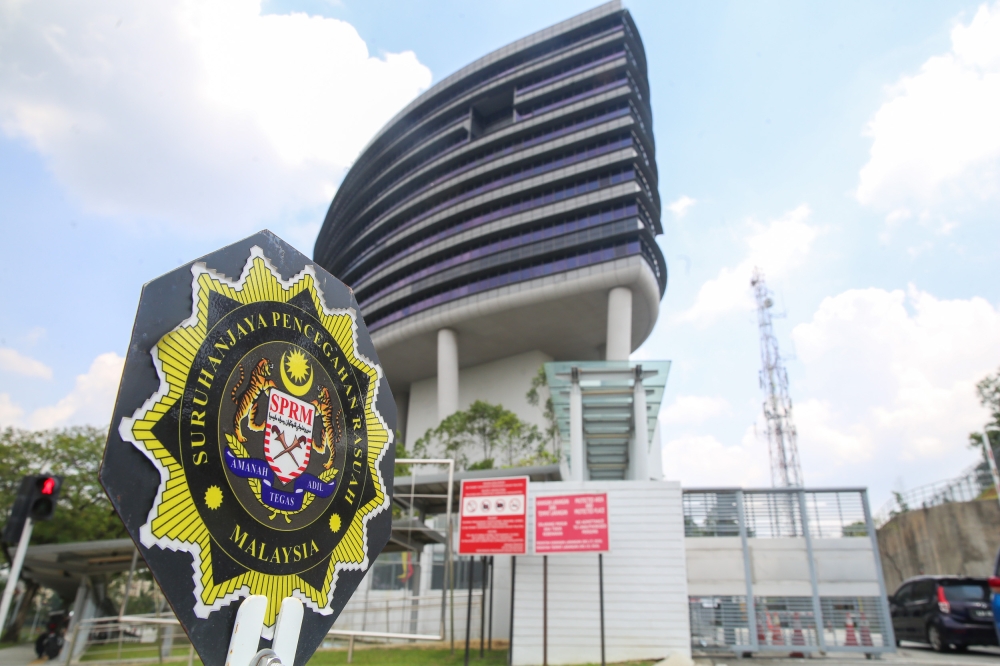

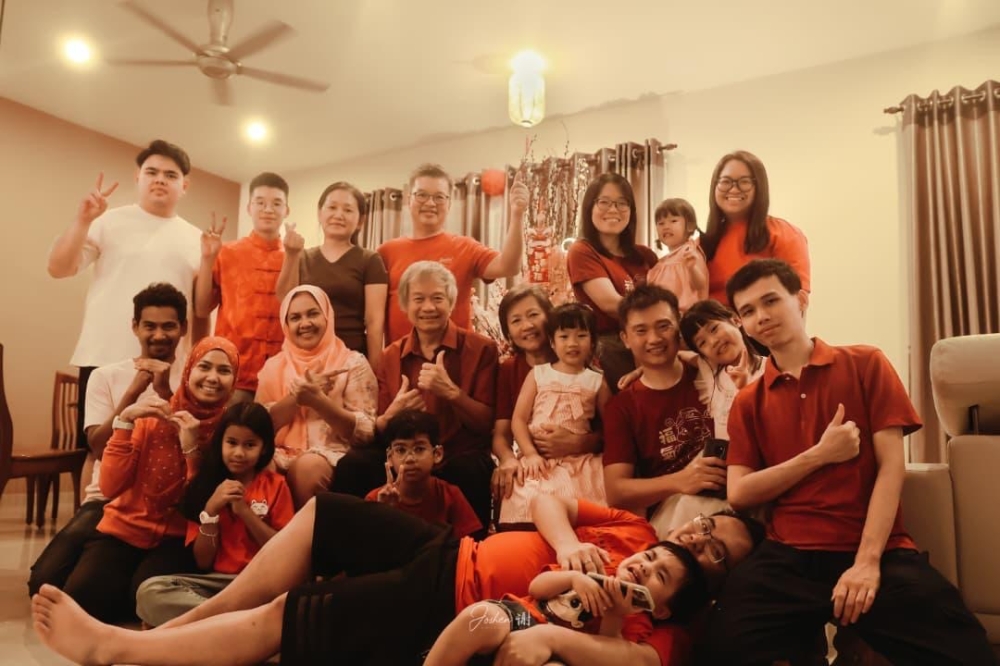
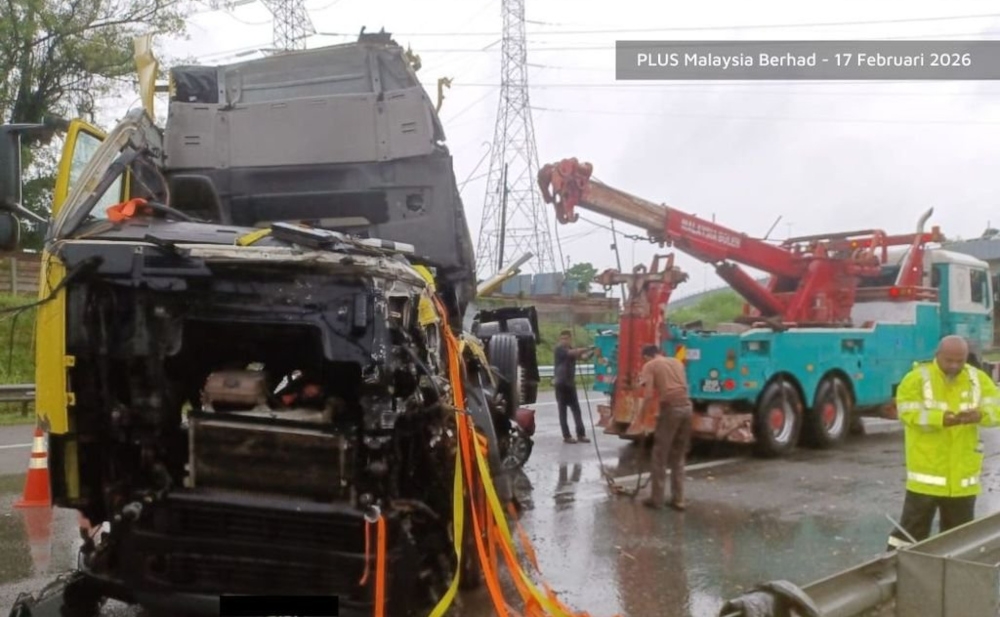
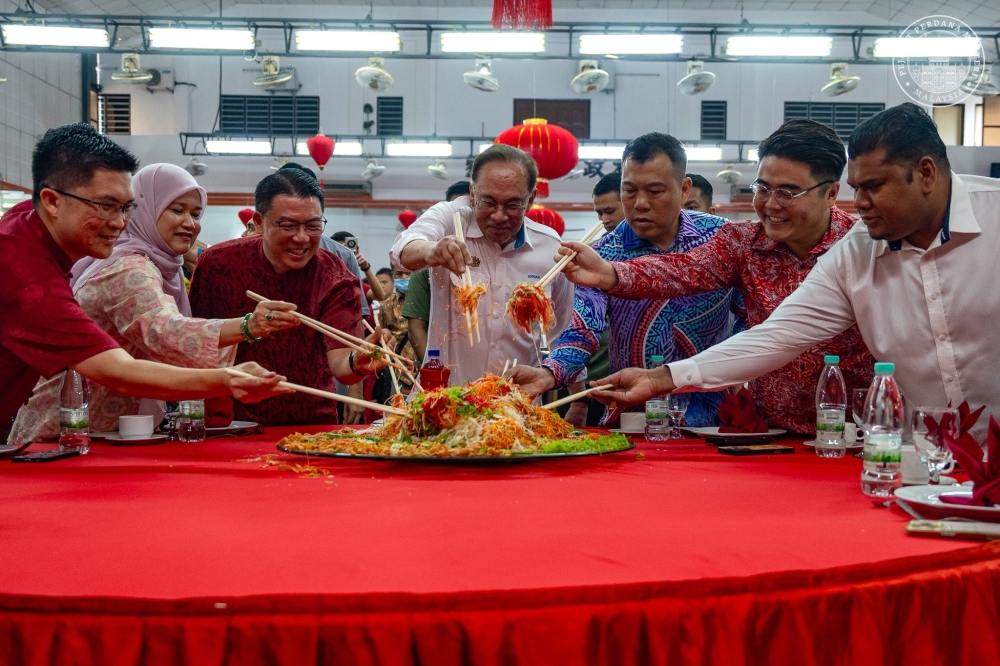
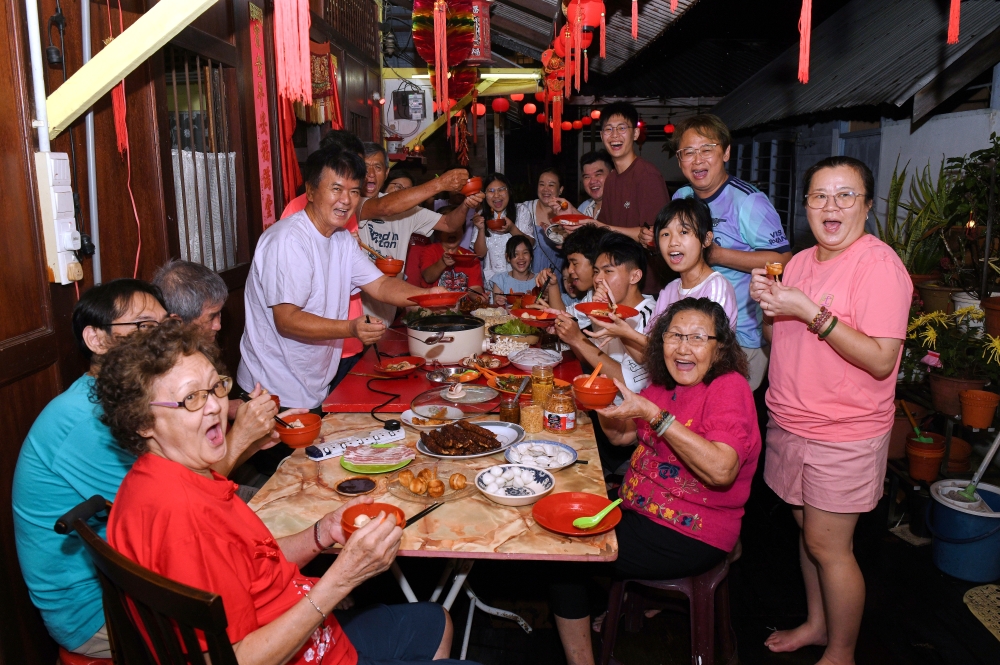
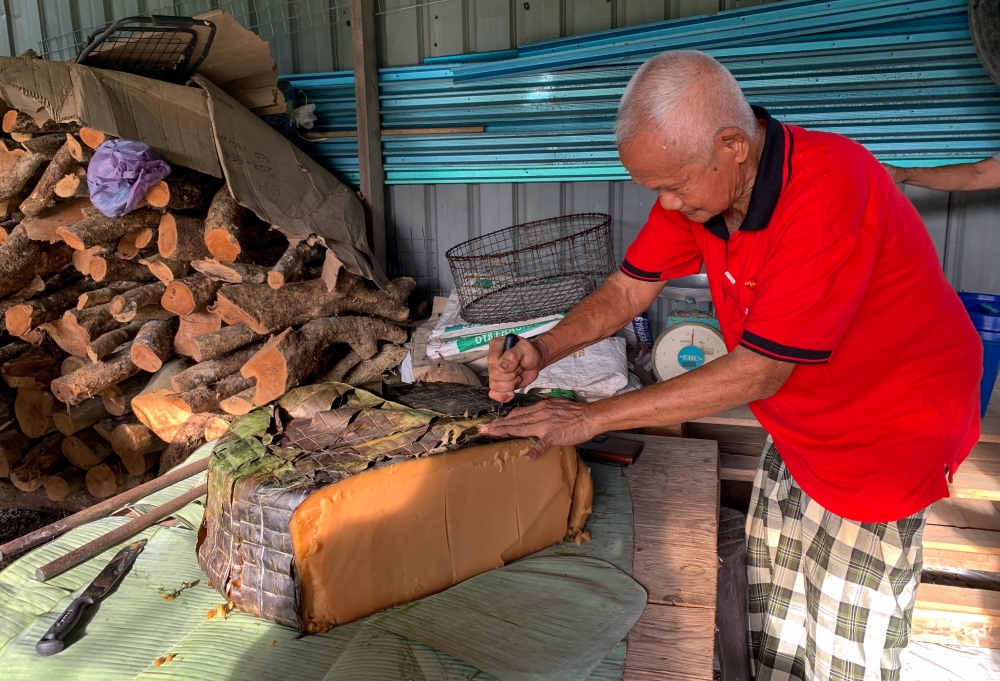

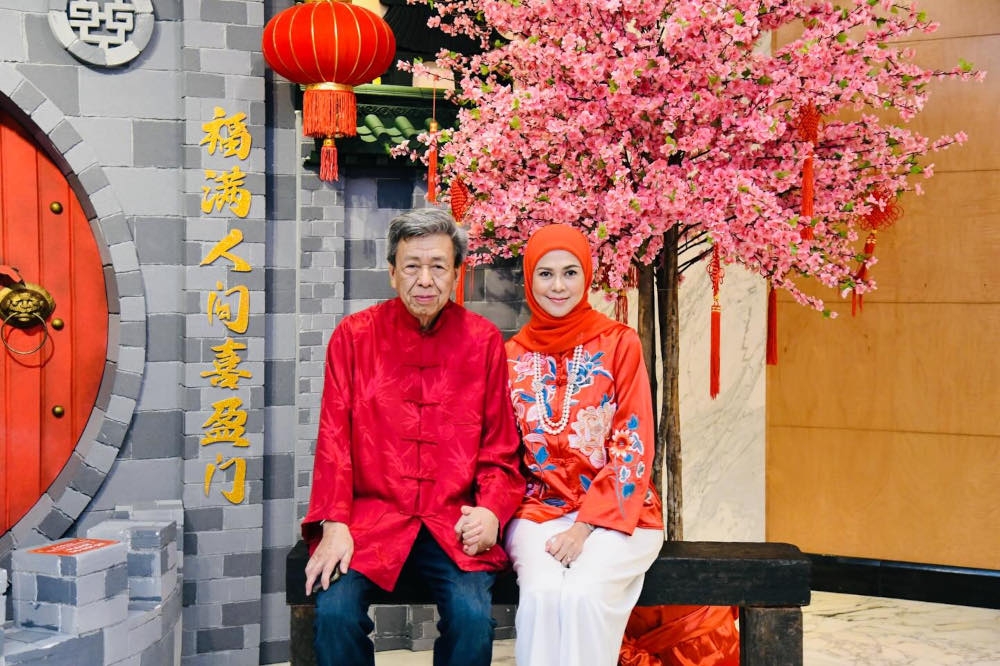
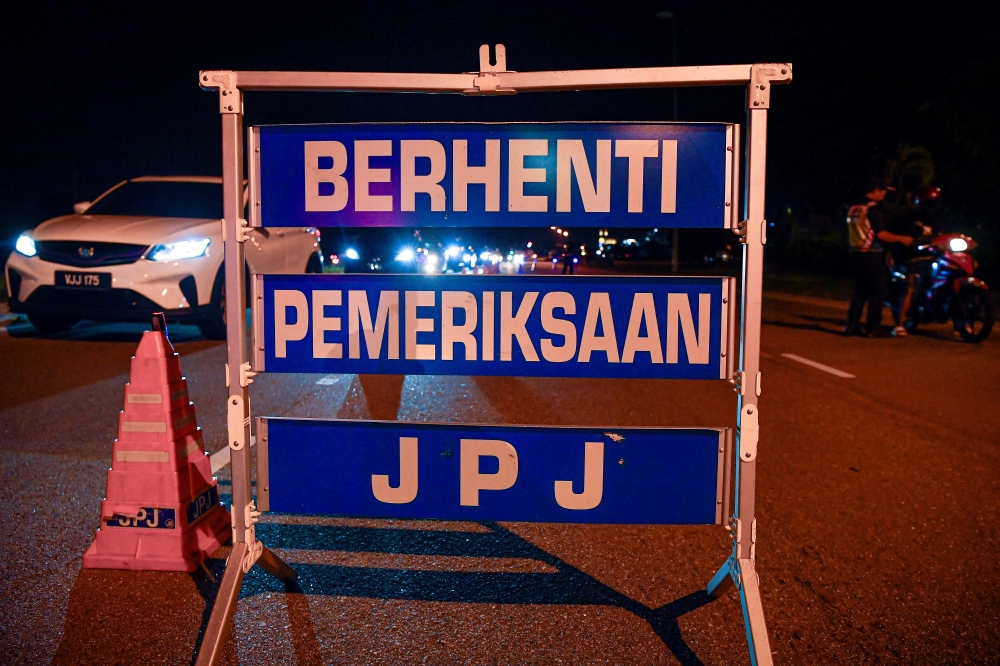
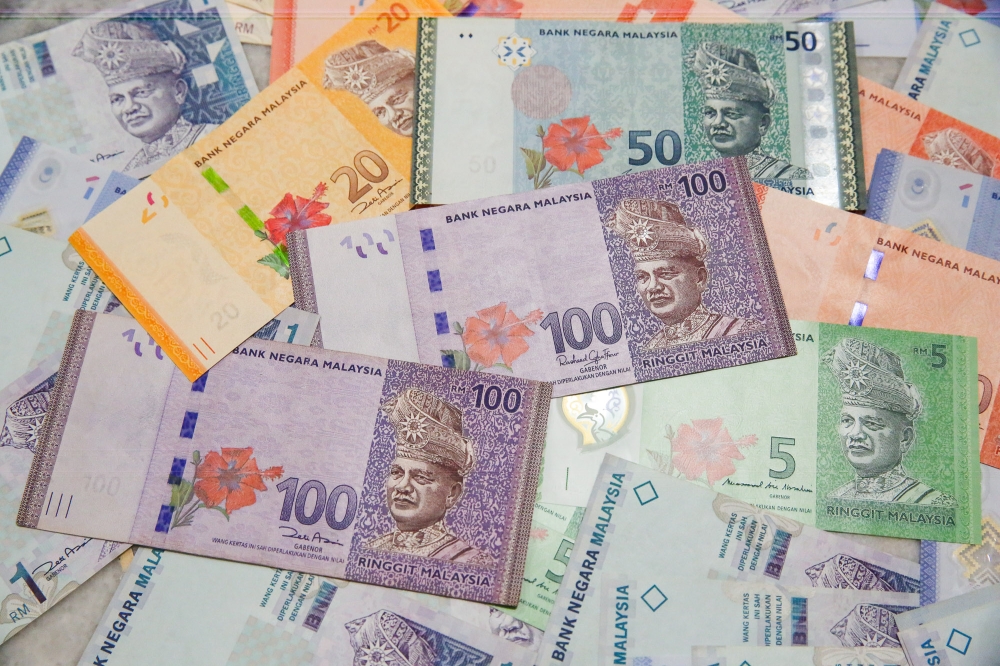

.JPG)

